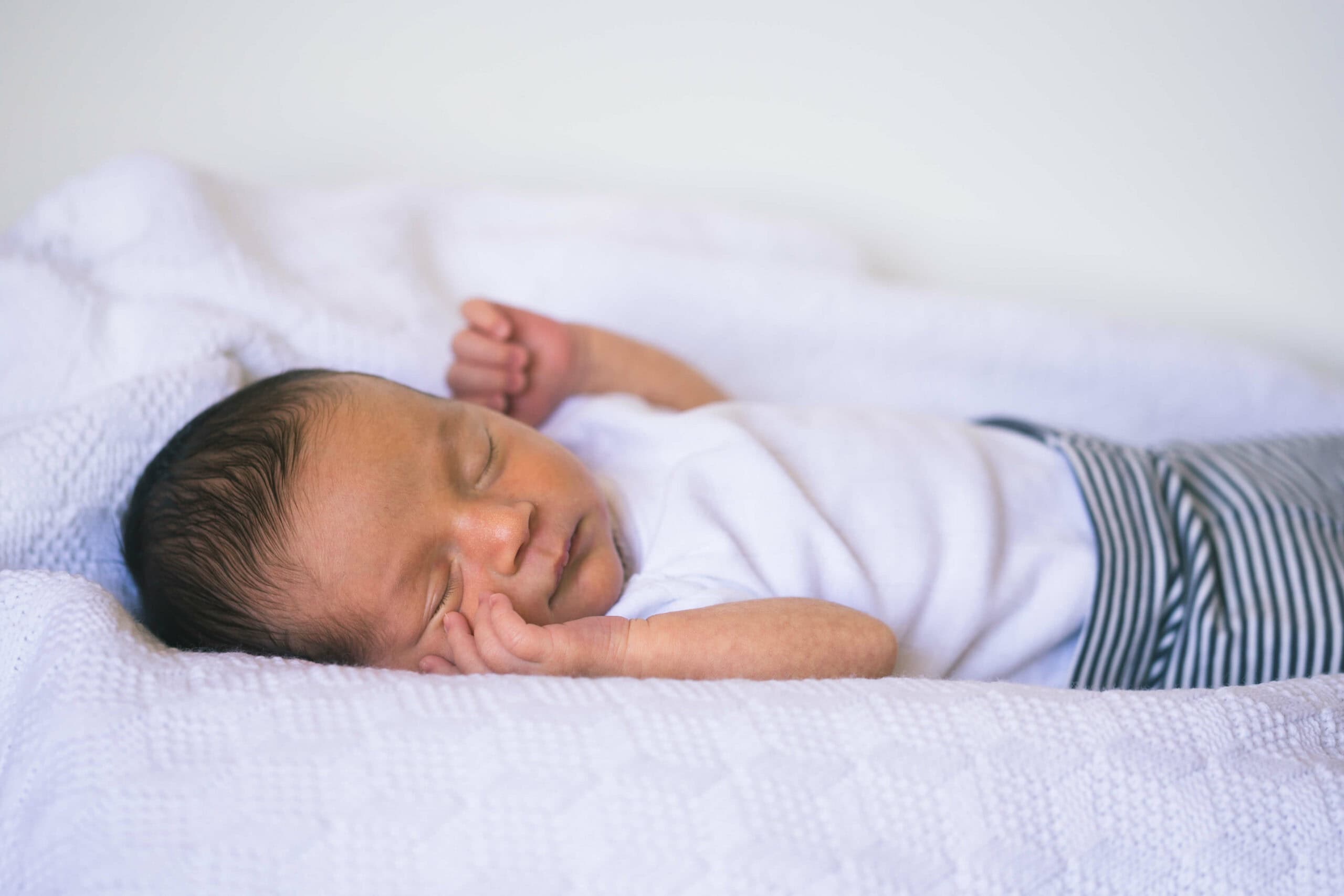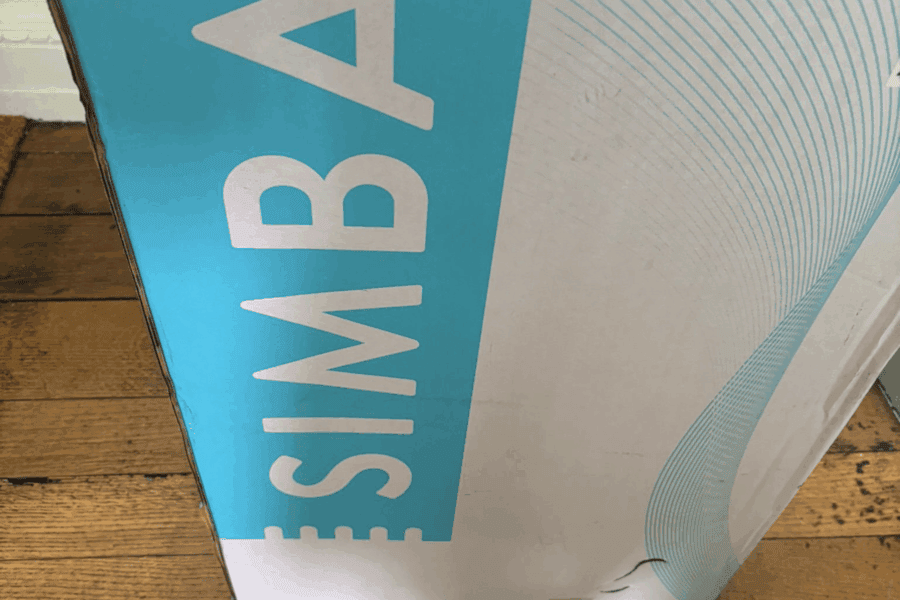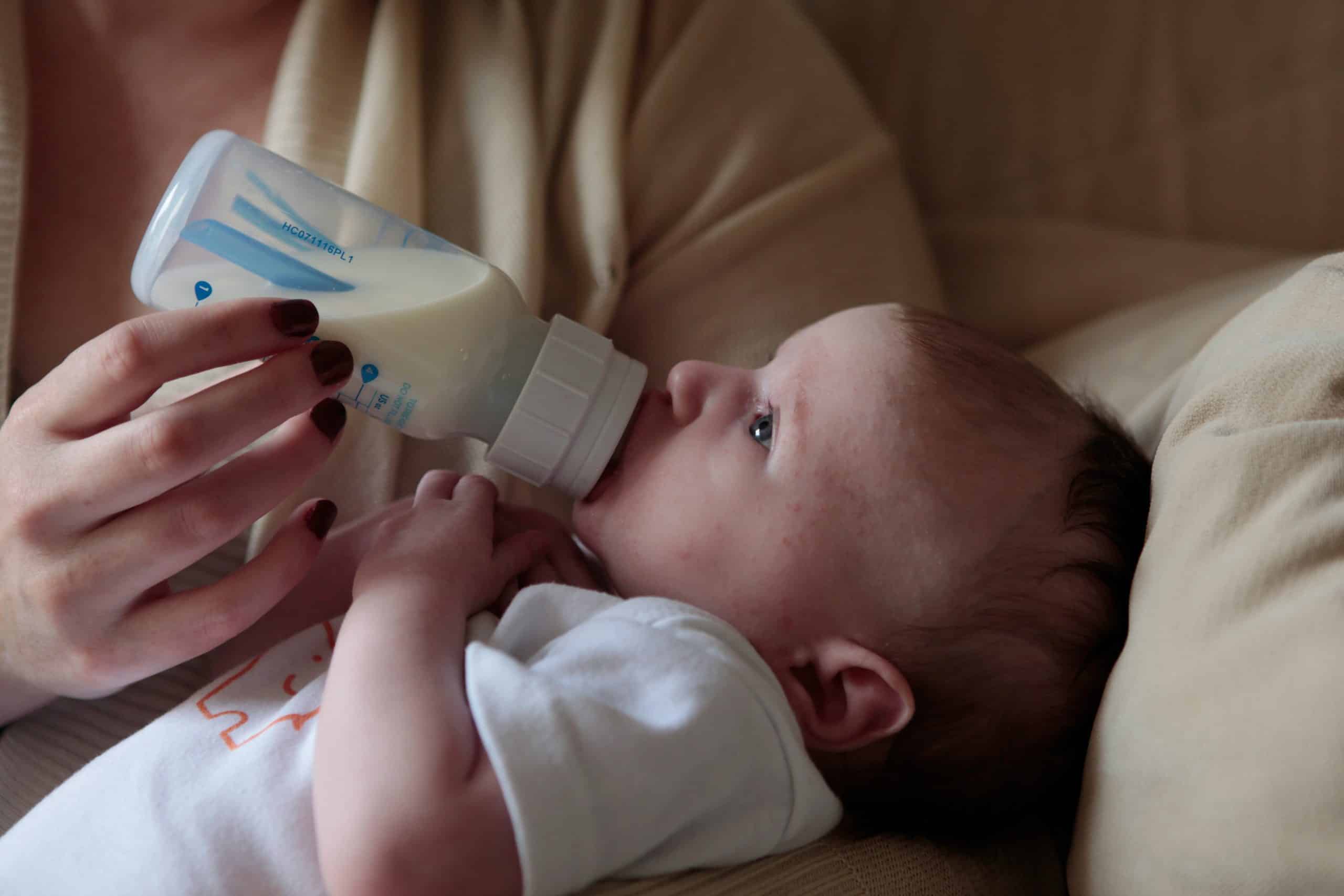After reading the blog post by Sarah Ockwell Smith on how dangerous she thinks teaching babies to self-soothe is, I felt I had to respond.
You can’t compare teaching a baby to self-soothe and learning to fall asleep independently, to the stress and trauma that a neglected or abused child will be going through, or babies in Romanian orphanages, which are both comparisons she makes.
The links to the research she provides, are all about babies who have been subject to the trauma of neglect, or major emotional stress, like losing a parent for example.
That is completely different to short term sleep training, with reassurance from parents, as it is done.
She claims that babies who are encouraged to self-soothe only end up falling asleep because their brain is flooded with so much cortisol, (the stress hormone), that they go into a ‘frozen’ state of mind and learn not to cry as they know they won’t be responded to!
I have to say that there is not a baby or toddler I know, in the hundreds I’ve worked with, who wouldn’t cry or call out for a parent when they are hungry, ill, teething, cold, hot etc.
It is a natural instinct they are born with and that can’t be changed. They won’t NOT cry if they have a genuine need or problem and want reassurance from their parents.
In my job as a Maternity nurse, I work with parents from when their baby is newborn. By using and establishing a routine that everyone is happy with, the baby naturally begins to need less intervention when it is nap time, as they feel so reassured that all their needs are met on a regular basis. They actually have no need to cry as they drift off to sleep.
If they wake crying, either the parent or I respond immediately. There isn’t a time that we ever ignore those cries. Once we have checked all is ok, we encourage resetting with reassurance and comfort and cuddles when needed.
Of course, it’s also normal for babies to still wake during periods of teething and illness and that’s absolutely fine and to be expected.
A parent’s natural instinct is always to go to their little one at those times and that’s something that I positively encourage. I would never ignore my own children if they woke upset and distressed in the night and I would never advise any other parent to do that either.
Sleep training is for slightly older babies, who haven’t had a routine established from an early age and are waking frequently at night to be cuddled or fed back to sleep and are very unhappy on a 24-hour basis.
The hundreds of parents who email me every week asking for advice regarding their baby or toddlers sleep are at breaking point.
They are cuddling, rocking, feeding their baby to sleep, or offering a dummy hourly and STILL, their baby wakes crying, is clingy to them during the day and generally a very unhappy baby, with no particular structure to the day and night.
Despite the fact they seem to be offering their child as much reassurance as possible, and even sleeping with the baby all night and carrying them much of the day, bar toilet and shower stops, it doesn’t improve the situation and they eventually realise that things have to change for their sake and their babies happiness.
Co-sleeping on a permanent basis works for some and if it does, your baby is happy and you are all getting some good blocks of sleep, then that is great and I would encourage you to continue that if everyone is happy doing it.
For others who try it and then despite it initially working when baby is very young, it begins to stop working and then seems to stimulate baby more, they want, in fact, NEED, a different method to use, because nobody is getting any sleep and they have stopped enjoying their baby.
It’s very normal for a parent who is sleep deprived to contact me and say they are starting to resent all the time it takes to help get their baby to sleep and many relationships with partners suffer as a consequence of the sleep deprivation!
How can that be good for a relationship?
How can that be good for the baby?
Babies will always wake at various points overnight as they pass through sleep cycles. The difference between a baby that CAN self settle and one that can’t, is that they are able to link their light and deep sleep together, so they don’t generally need to wake up and cry, needing a parents input to help them back to sleep each time.Our job is to encourage and teach them the art of being able to put themselves to sleep in the first place without a dummy, cuddling or feeding being needed to get them into that deep sleep. They will then be able to enjoy quality stretches of overnight sleep and wake feeling rested and happy each morning.
As adults, we also pass between the sleep cycles of light sleep, deep sleep and REM sleep, and back and forth through these cycles at night time, sometimes even waking briefly as we turn over.
If you have an activity tracking watch, then most of them can give you an insight into how often this happens at night without us realising.
Below is an example of one of my nights off and the sleep my watch tracked that night.
As you can see I had various points of awake, light sleep and not a huge amount of deep sleep periods. The average normal amount of DEEP sleep for an adult is only actually 20%.
Babies and young children, like us, will pass through these sleep cycles multiple times overnight and as long as they can get themselves off to sleep in the first place, without help from an adult or a dummy or feeding, then they will naturally link those cycles together, just as we do, without waking up fully and crying.
Research looks at babies who have been encouraged to self-settle and be in a routine from an early age and the difference it makes to the stretches of sleep they are able to do at 4-5 months.
So many parents I speak to, or who contact me for sleep help, have googled sleep issues at some point and found details about the ‘4 months sleep regression.’
This seems to be the answer to why their baby has become unsettled and they are told to just ‘ride it out’ and things will eventually settle down.
So they do. Then teething hits. Then baby gets an illness. Before they know it, baby is now 8-9 months old and nothing has changed and sleep is still awful, with it taking more and more time to help their little one off to sleep and they still wake multiple times overnight.
Let me give you a little bit of info you won’t find easily on the internet before reading this blog post…. The only babies that are affected by the 4 month sleep regression, are the ones that need help to get to sleep in the first place! Rocking, feeding, dummy, motion, cuddling etc and who are still having night feeds, that they are in control of (ie you wait until they wake, offer a sleepy feed and they go back down again).
Babies that are already in an established routine, maybe with parents who have followed my email/phone advice via our membership options, or have read and been following my baby book, and have started to already encourage and teach self settling and a good wind down routine for naps and bedtime with positive sleep cues, WON’T be affected. They have already dropped their overnight feed by 4 months and are just being woken for a top up full feed at 11pm, before settling back to sleep again.
The ‘4-month sleep regression’ will completely bypass those babies and they will continue to settle and sleep well. I know this as a FACT from the hundreds of babies I’ve worked with, over the last 15 years and their parents would wholeheartedly agree with me on this point.
To summarise: self-settling is the key to good sleep for all babies, toddler, children and adults! If you are able to fall asleep without a prop to aid to sleep, that requires you to wake and look for it again, then you will naturally be able to sleep well each night.
If you would like personalised advice on how to achieve this with guidance from me, then please go to the advice page on the website and look at our membership options.
Also worth reading is the mixed reviews for her book compared to the hundreds of 5* reviews for mine, in being able to successfully help parents and babies get more sleep and be MUCH happier as a result!





